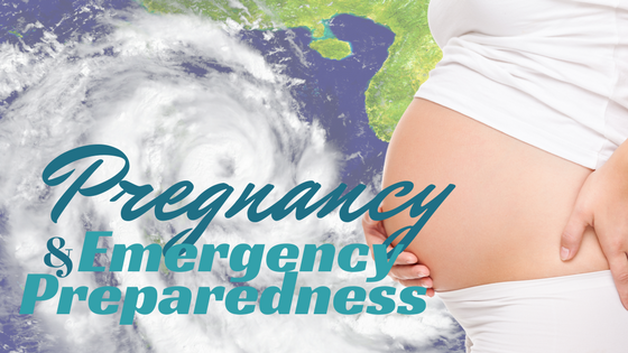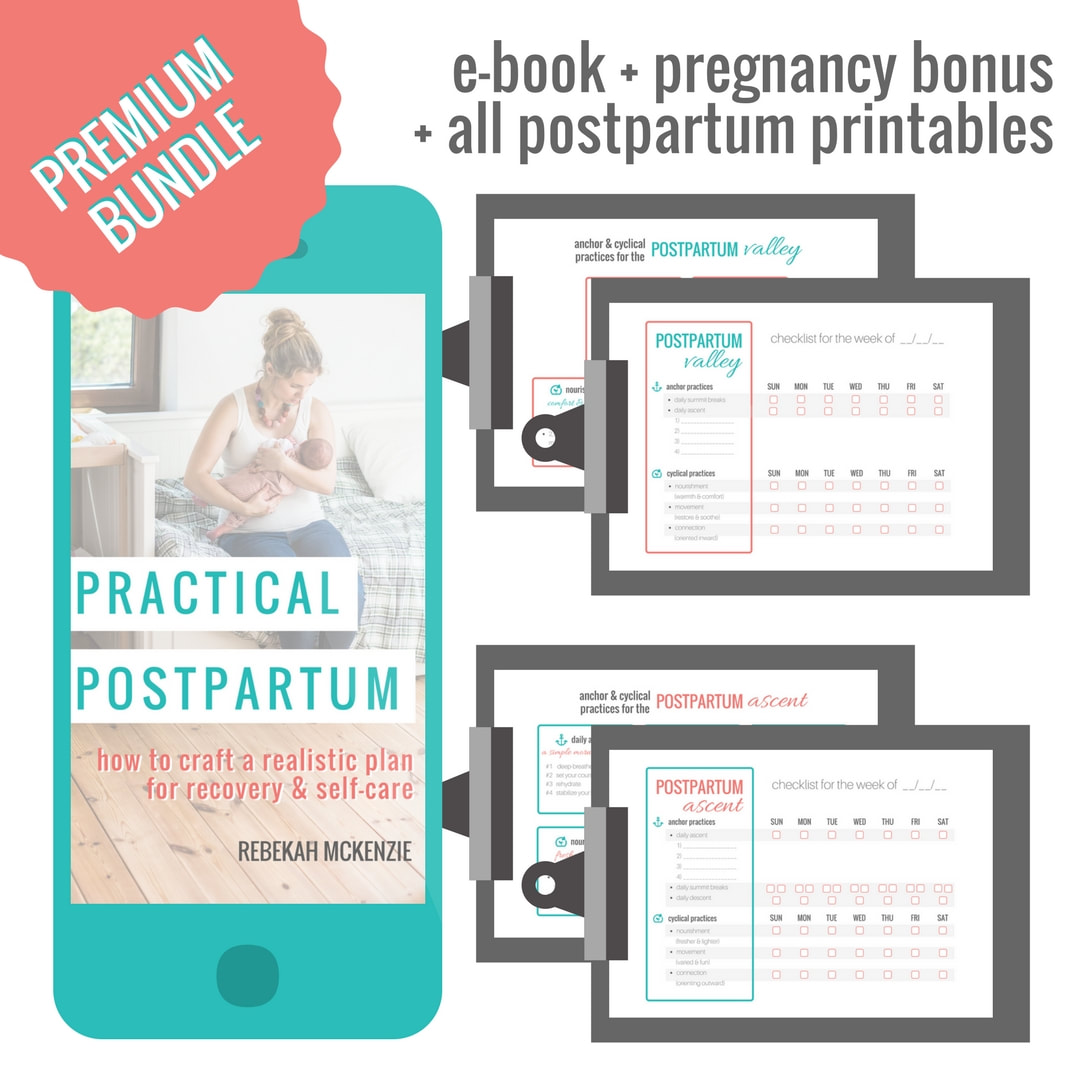|
If you live in the southeast United States, it's safe to say that you've heard about the imminent threat from a wandering monster of a hurricane named Irma. There's a meme floating around Facebook that says something along the lines of "you know you're a Floridian if you find out a hurricane is now a category 3 or higher and now you have to care." While winging it *might* be a (sometimes misguided) option for some folks, parents of small children and pregnant women should be especially prepared for whatever emergency situations they might face--especially with the hurricanes, earthquakes, flooding, and wildfires happening around the United States right now.
Evacuation Usually evacuation wouldn't be the first thing on the list of things to consider, but this may be on the top of the list for pregnant moms who are especially vulnerable in situations where access to emergency services, basic utilities, or safe travel cannot be guaranteed. For instance, a strong hurricane can produce extremely low barometric pressure, which in turn can produce labor (even prematurely). Being caught in a situation where the baby might be born without access to emergency services, the hospital, or even electricity is certainly not the safest option--especially if there are birth complications. So what is a mom to do if she needs to evacuate for emergency reasons, especially if her due date is looming?
If You Stay... For some, staying put may be the only option. If you do, consider the following, with the understanding that emergency services and utilities may still be spotty or nonexistent for hours, days, or even weeks after a disaster. Most local government agencies recommend preparing just like you will be on a camping trip in a remote area for at least 72 hours, if not longer.
And always remember--don't be scared, just be prepared!!
9 Comments
|
This is us.We are Women. We are Moms. We are here to help your family blossom. Archives
September 2019
Search
All
|
Building 4
Pensacola, Florida, 32504
We proudly provide
Childbirth Education, Placenta Encapsulation, Lactation Consultations & Doulas
in Pensacola, Milton, Pace, Gulf Breeze, Navarre, Crestview, Ft. Walton, Florida.
Copyright 2017, Belly to Cradle, LLC.
Photo Credits: Kayla Reeder Photography, Lynette Sanders Motherhood Photography,
Savanna Morgret Photography, Finding Beauty in the Ordinary Photography,
& New Light Birth Photography
|
|








